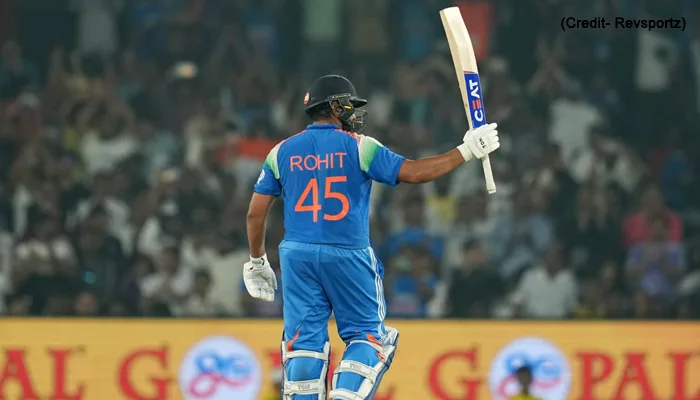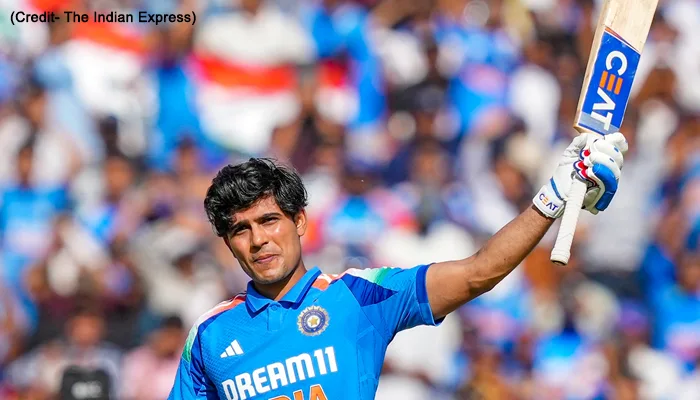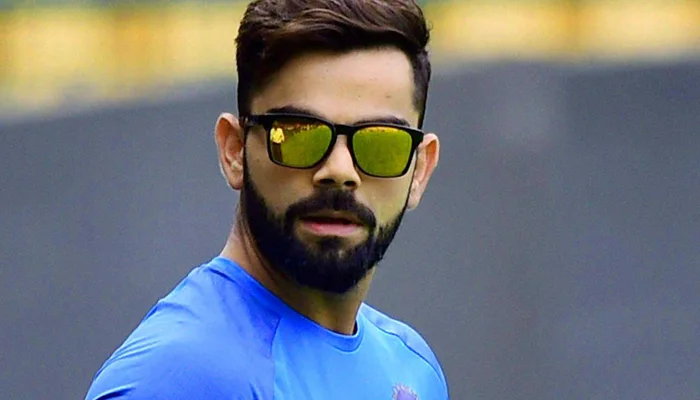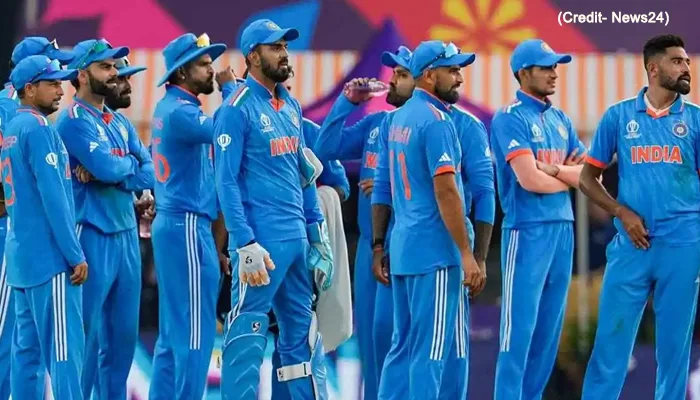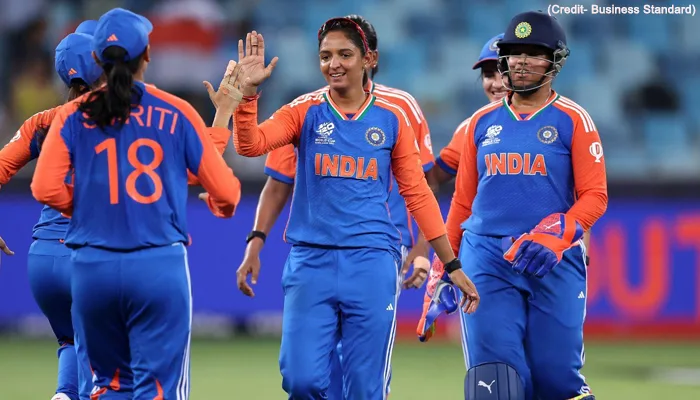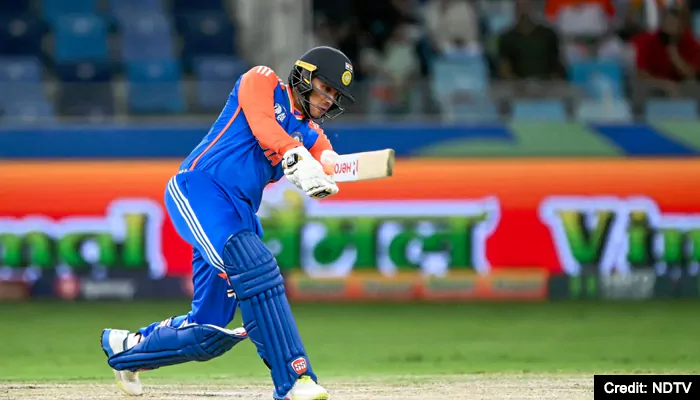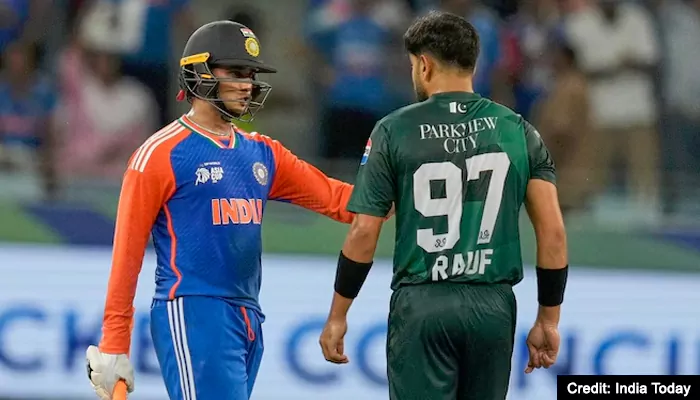
The sight of the two sets of identical twins with medals around their necks, standing on the podium, is proof of their brilliance, commitment, and the unique circumstances that bound them together on that unforgettable day
In the summer of 1980, something truly exceptional and out of the norm happened in the Olympic rowing competition. The coxless pairs event at the Olympics served as a platform for an incredible event. It was remarkable to discover that the gold and silver medal winners were identical twins. The silver went to the Pimenov brothers, Yuri and Nikolai, and the winners were Bernd and JörgLandvoigt.
The Landvoigtlegacy
Bernd and JörgLandvoigt, two twin brothers, were born on March 23, 1951, in Brandenburg an der Havel. Their father was a boatman, while their mother was a secretary. Given such a background, it was perhaps inevitable that the twins would end up on a boart.

The Landvoigt brothers strength over the water // Picture Courtesy -- Hear The Boat Sing
The Landvoigt brothers reigned in the coxless pairs division right from the seventies and well into the eighties. Their reign was characterised. by four world championship titles and two Olympic gold titles, with only one defeat in 180 races. That single loss, interestingly enough, was to another set of twins: the Pimenov brothers.
The Pimenov phenomenon
Yuri and Nikolai Pimenov, the twin brothers born on March 29, 1958, were a force to be reckoned with. They mostly raced in the coxless pairs event and achieved many successes at the world level, specifically three golds, three silvers, and one bronze at different championships. They were able to get a silver at the 1980 Olympics, adding to their records. They demonstrated their strength by performing continuously till the early 1990s.
The race to remember
The Moscow 1980 Olympics coxless pairs event was simply spectacular. The Landvoigt brothers, who were famous for their synchronisation and power, faced a lot of challenges from the Pimenov. The race was very competitive, with each pair straining themselves to the limit.
Finally, the East German twins reached the finish line ahead of the others to take the gold, while the Pimenov brothers were only a neck behind to take the silver. Britain’s Malcolm Carmichael and Charles Wiggin completed the podium to take the bronze.
Life beyond the water
Following their competitive years, both pairs of twins carried on serving the sport they cherished so much. For his part, Bernd Landvoigt went on to become a rowing coach, while his brother Jörg passed on his skills to the new generation of rowers.
Jörg, in particular, took positions with the Regional Sports Federation of Brandenburg, where he was involved in the organisational planning of rowing. His son, Ike Landvoigt, also emulated his father and became an Olympic rower as well.

The Pimenov brothers doing what they do best // Picture Courtesy -- Qwizzeria
Yuri and Nikolai Pimenov also did not sever their ties with rowing. Yuri received his promotion to international rowing referee, and the chief of the Russian Rowing Federation, Nikolai, became the head coach of a national junior team. The Pimenov’s achievements were rewarded by the International Rowing Federation, both brothers receiving the Thomas Keller Medal, which is the highest level.
The heritage
Particularly in light of sporting pursuits, the 1980 Olympics story of the Landvoigt and Pimenov twins is fascinating. All of them will go down in the annals of rowing history and the Olympics. The two identical twin pairs, each with a medal around their neck, are a striking example of their brilliance, perseverance, and good fortune, bringing them together on that day.


